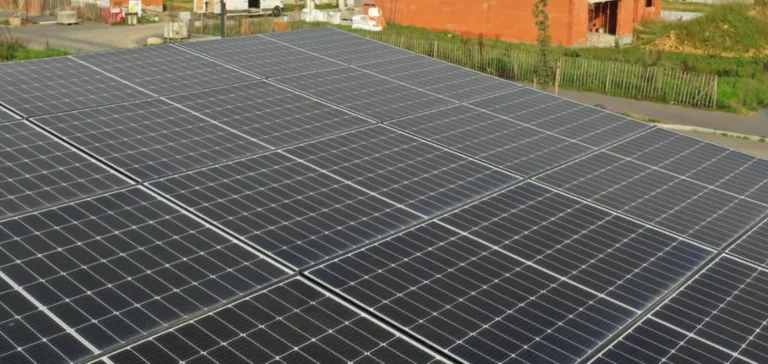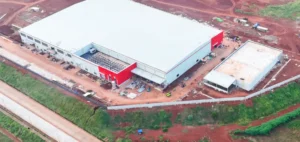The National Solar Energy Federation (Fnes) was formed on 21 June, the symbolic date of the summer solstice, before its official launch on 14 July. The organisation brings together for the first time installers, equipment suppliers, distributors, consulting firms and training bodies under one banner. According to its statutes, filed in Paris, the federation aims to establish an internal consultation framework in order to speak with one voice to public decision-makers. Connaissance des Énergies reported on 15 July that this initiative answers the growing criticism of photovoltaics in the debate over France’s energy mix.
A coordinated response to “solar bashing”
President Floriane de Brabandère says the sector “suffers from unfair attacks often used for electoral purposes”. She stresses the need to “publicly break down the costs, jobs and industrial benefits of solar”. Fnes states it does not seek to replace the Renewable Energies Syndicate (SER) or Enerplan but to complement their work by federating rarely represented actors, notably regional consulting offices. It plans a first series of technical workshops from September to define common positions on training and panel supply logistics.
The sector has been at the centre of a lively parliamentary debate since spring. On 24 June, the National Assembly rejected by a large majority an amendment to impose a moratorium on new renewable installations, tabled by several right-wing and far-right MPs. Proponents of the moratorium accuse photovoltaics of driving up grid connection costs and diverting public funds from nuclear power. According to the Energy Regulation Commission, these charges account for less than seven % of the average annual electricity bill, yet political visibility remains fragile.
Tight regulatory calendar
Energy Minister Marc Ferracci confirmed on 8 July that the decree updating the Multi-annual Energy Programme (PPE) would be published “before the end of summer”. This revision could lower solar targets, currently set at fifty-four gigawatts by 2030, while strengthening European content requirements for modules. Fnes wants to take part in the public consultations announced for August to present quantified investment scenarios. It also intends to highlight the value of long-term private power-purchase agreements to secure developers’ cash flows.
France currently has twenty-eight gigawatts of installed solar capacity, about four % of national power output. The International Energy Agency forecasts the global fleet will double by 2030, driven by a market estimated at $500 bn. “Our ambition is to ensure that industrial added value remains in France,” notes Floriane de Brabandère, adding that each new gigawatt supports nearly two thousand direct jobs. The ministry additionally estimates that eighteen new ground-mounted parks are due to enter service by 2027, confirming the investment momentum that Fnes intends to safeguard.






















